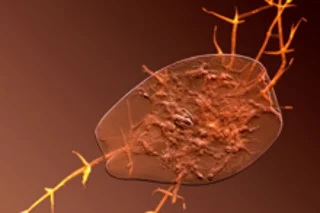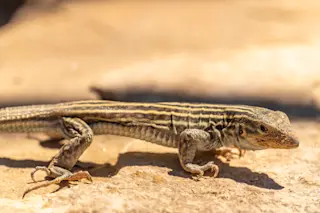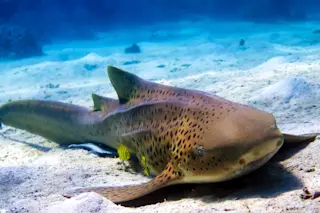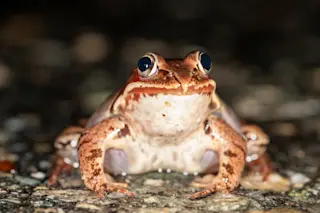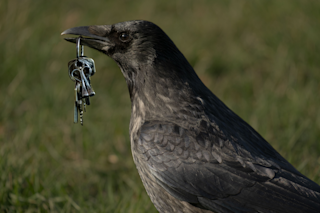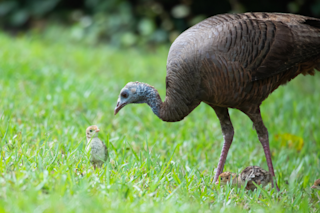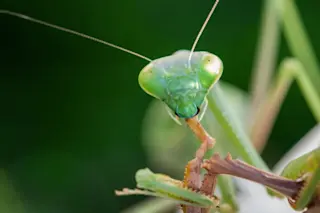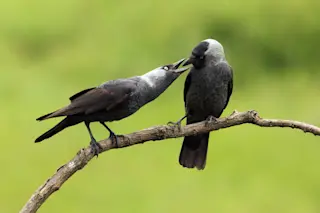Biologists are a step closer to figuring out the bizarre animals known as bdelloid rotifers, thanks to a new study in Science.
This group of near-microscopic aquatic organisms has lived for tens of millions of years without sex, can withstand blasts of gamma radiation, and if their habitat dries up they can survive for years in a dessicated state. Two years ago, DISCOVER covered the findings that determined how these all-female invertebrates manage to diversify their genes without sex: Their genome breaks apart when they dry up, and as they reassemble when water returns, they pull in new DNA from a host of other beings. Now, the new study says, drying up is also the key to how rotifers avoid parasites that would normally take advantage of their asexual ways.
To figure out how rotifers might survive infection, the scientists gave them a parasitic fungus. And they found that bdelloid ...


